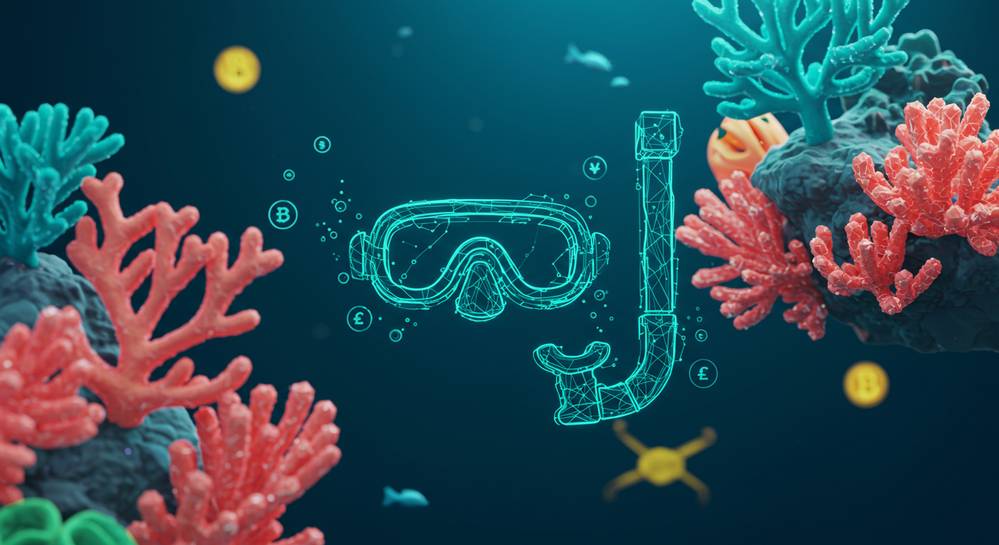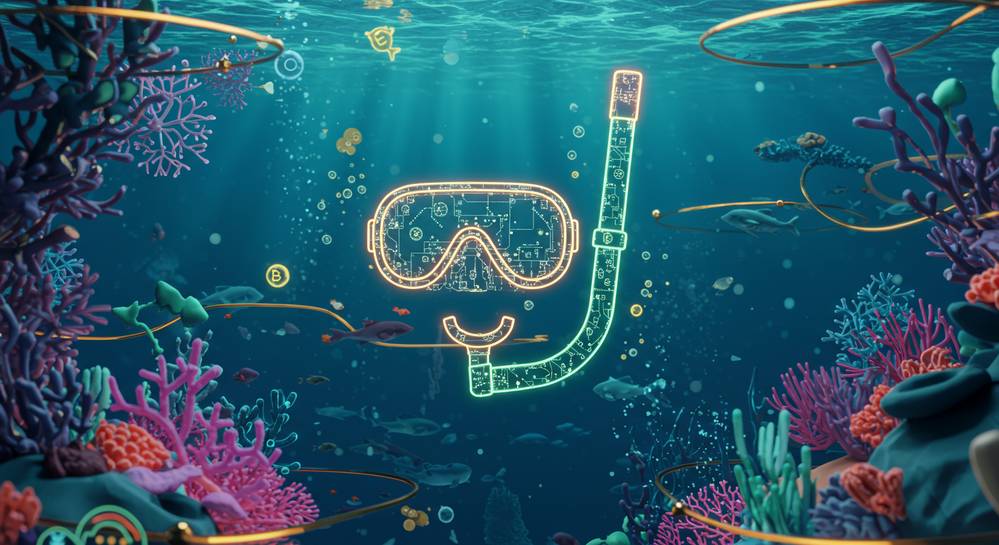Snorkeling offers a breathtaking glimpse into the vibrant underwater world, a truly magical experience for many. However, beneath the serene surface, potential hazards exist that require careful consideration. To ensure your aquatic adventure remains safe and enjoyable, understanding and implementing proper snorkeling safety tips is paramount. This comprehensive guide will equip you with the essential knowledge and practices to navigate the marine environment responsibly, protecting both yourself and the delicate ecosystem you explore. Prepare to make unforgettable memories with peace of mind.
Essential Pre-Dive Checks and Environmental Awareness

Mastering essential snorkeling safety tips begins before you enter the water. A thorough pre-dive check of your equipment is non-negotiable. Always inspect your mask for a secure seal and clear visibility, confirm your snorkel is free of blockages, and meticulously check your fins for any damage or cracks. Proper equipment maintenance prevents unexpected failures underwater. Beyond gear, assess your physical state; avoid snorkeling if you feel unwell or fatigued. Your well-being directly impacts your safety.
Assessing Marine Conditions for Safe Snorkeling
Understanding local marine conditions is paramount for effective snorkeling safety tips. Always consult up-to-date tide charts and current predictions. Rip currents, often subtle, can swiftly carry snorkelers offshore. Pay close attention to weather forecasts; sudden shifts can transform calm waters into hazardous environments. Local knowledge from guides or signage offers invaluable, real-time insights.
- Tides and Currents: Check local charts. Strong currents are deceptive and demand respect.
- Weather Forecasts: Prioritize clear, calm days. Unpredictable weather escalates risks.
- Marine Life Advisories: Be aware of jellyfish, sea urchins, or other local hazards.
Safe Practices While Exploring Underwater

Once submerged, adhering to critical snorkeling safety tips ensures a rewarding experience. Prioritize the buddy system; never snorkel alone. This fundamental undefined practice, often called the buddy system snorkeling rule, provides an immediate safety net. Staying within sight of a companion is crucial for any unexpected situation, allowing for quick assistance and shared vigilance. Establish clear communication signals before entering the water, enhancing response time in emergencies.
Vigilance and Respect for Marine Environments
Constant awareness of your surroundings is vital for safe snorkeling. Scan for boat traffic, other swimmers, and potential underwater obstacles like rocks or delicate coral formations. Maintain a respectful distance from all marine life. Observing without disturbing protects both you and the fragile ecosystem. Avoid touching anything underwater; many corals are sensitive, and some creatures possess defensive stings or bites. Pacing yourself and taking regular breaks prevents fatigue, a common factor in snorkeling incidents.
- Buddy System: Always snorkel with a partner; stay visible to each other.
- Environmental Awareness: Watch for boats, obstacles, and other people.
- Marine Life Etiquette: Observe from a distance; never touch underwater creatures or coral.
- Personal Limits: Pace yourself, take breaks, and avoid overexertion.
Emergency Preparedness and Avoiding Common Dangers

Even with thorough preparation, unforeseen situations can occur. Essential snorkeling safety tips include being ready for emergencies. Familiarize yourself with basic first aid for common issues like minor cuts, marine stings, or exhaustion. Always know how to signal for help, both to your buddy and to shore. Consider carrying a whistle or a brightly colored buoy for increased visibility, especially when exploring further from the beach. Actively avoid areas with heavy boat traffic or active fishing zones to prevent collision risks. Never overestimate your swimming abilities; if in doubt, choose calmer locations or stay closer to shore.
Responding to Rip Currents
Understanding how to react to rip currents is a critical snorkeling safety tip. These powerful, narrow channels of water flow rapidly away from the shore. If caught, remain calm and resist swimming directly against the current. Instead, conserve your energy and swim parallel to the shoreline. Once you are out of the current, typically after a short distance, then swim back towards the beach. If unable to swim out, float, tread water, and signal for help immediately.
Responsible Interaction with the Marine Environment
Responsible interaction with the marine environment is a crucial aspect of comprehensive snorkeling safety tips. Snorkeling offers an unparalleled window into delicate underwater ecosystems, demanding our respect and protection. Never touch, harass, or feed marine animals. Touching corals can cause irreparable damage, while feeding fish disrupts their natural behaviors and diet, fostering dependency. Always maintain a respectful distance, observing marine life without interference. Utilize reef-safe sunscreen to prevent harmful chemicals from contaminating the water and damaging coral reefs. Always collect your trash, and any litter encountered, to preserve the ocean’s pristine condition.
Protecting Fragile Coral Ecosystems
Coral reefs are vital for ocean health and biodiversity, yet they are incredibly fragile. A key snorkeling safety tip is to actively protect these underwater gardens. Avoid kicking, standing, or brushing against corals; even a slight contact can cause stress or damage to these slow-growing organisms. Choose snorkeling operators that prioritize conservation and eco-tourism. Adhere strictly to local guidelines regarding reef protection. Your conscious actions, however small, contribute significantly to the preservation of these irreplaceable natural wonders for future generations.
Adhering to comprehensive snorkeling safety practices ensures that your underwater explorations are not only awe-inspiring but also secure. Prioritizing proper gear, environmental awareness, and adherence to safe diving habits will significantly enhance your experience. Remember, the ocean is a dynamic environment, and respect for its power and inhabitants is key to a rewarding adventure. For more insights into safe and exciting outdoor activities, visit Sporting Currents and continue your journey towards informed exploration.


